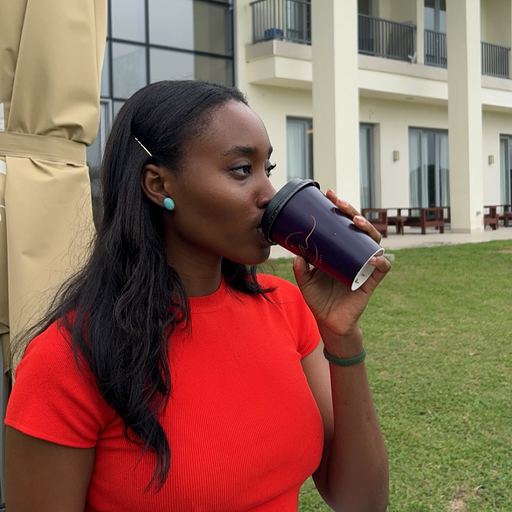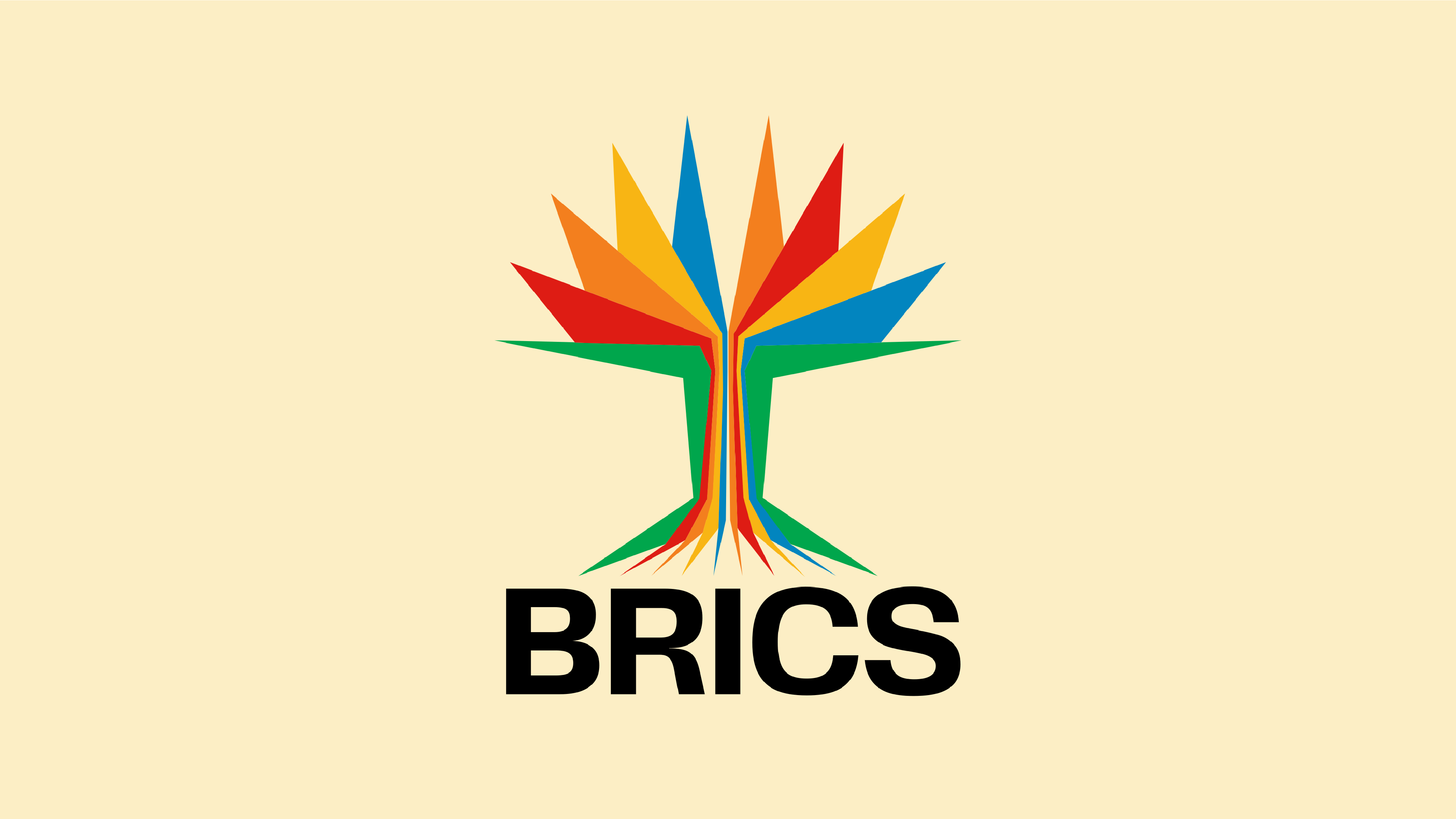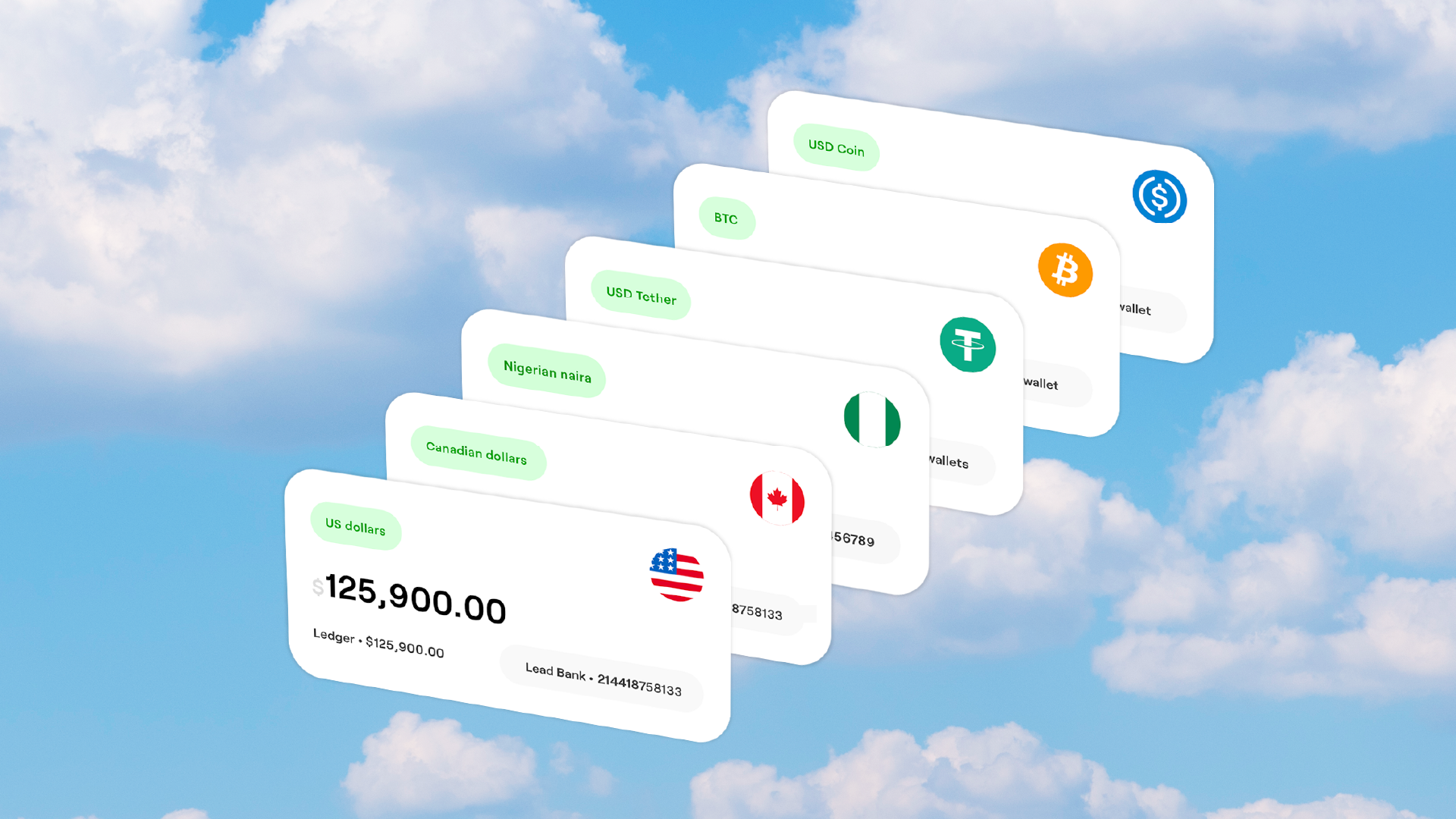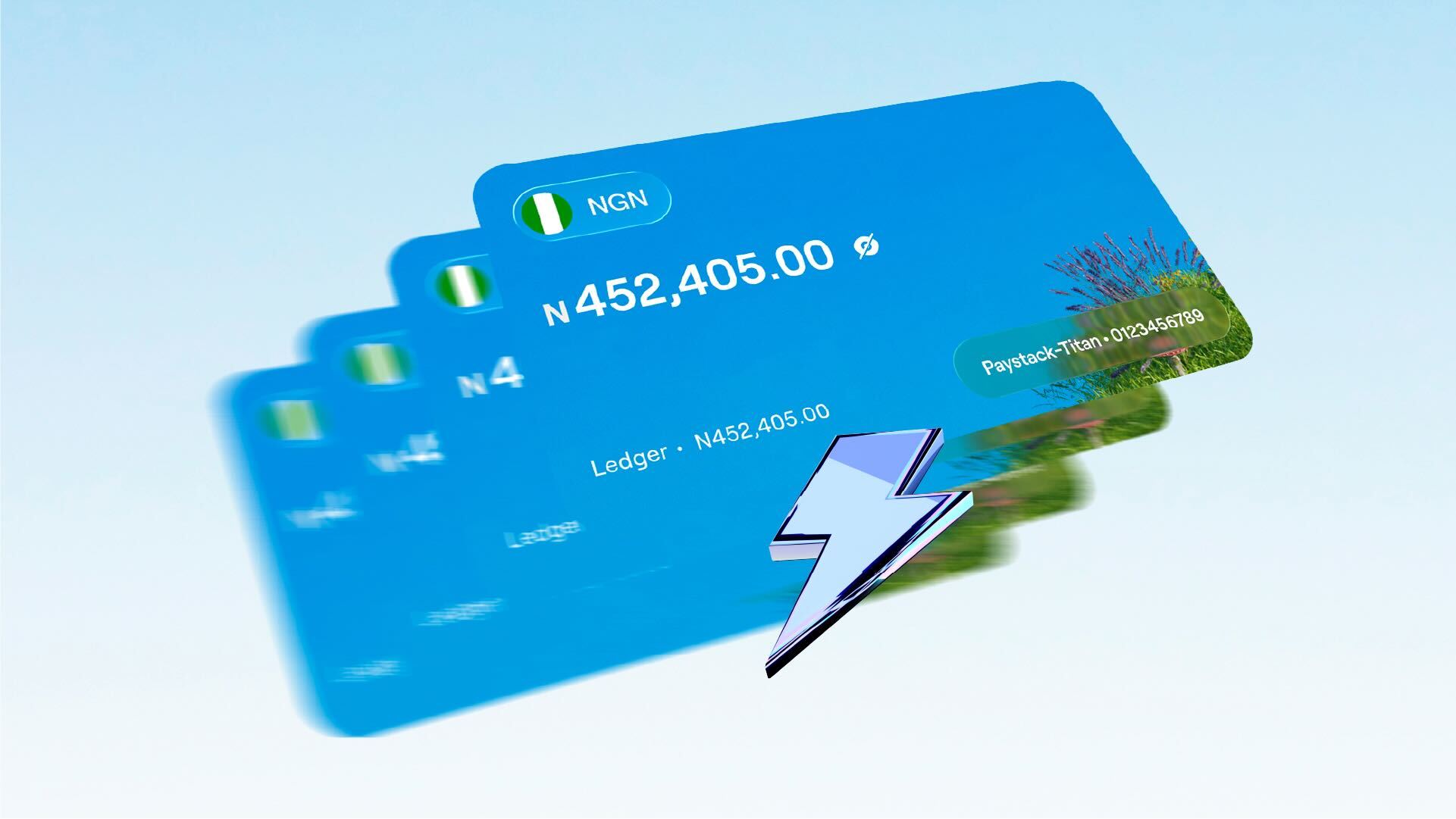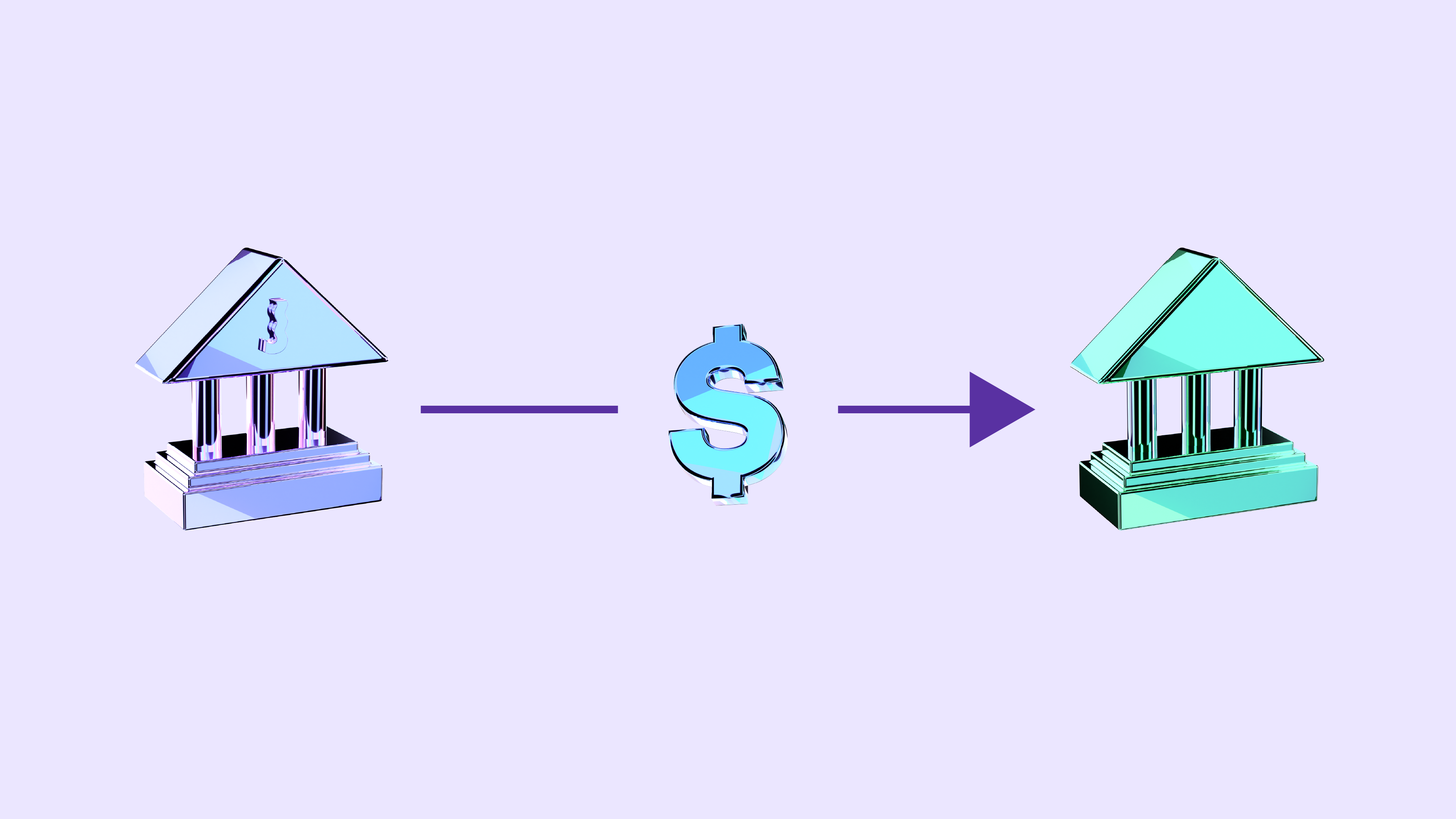What BRICS+ is, why It matters, and what It means for your money
You’ve probably heard “BRICS” mentioned in passing, but what is it, really? And why should anyone outside of politics or economics care?
BRICS stands for Brazil, Russia, India, China, and South Africa. The name was coined back in 2001 by economist Jim O’Neill, who had the foresight to spot these countries as emerging powerhouses (South Africa joined later, in 2010).
Originally, BRICS was about amplifying the voice of rising economies in a world where Western powers called most of the shots. Today, it’s grown bolder, talking about trade deals, yes, but also alternative financial systems that might someday sidestep the U.S. dollar and the Western-run payment networks you use every day.
BRICS recently expanded into “BRICS+,” welcoming countries like Egypt, Ethiopia, Iran, Saudi Arabia, and the UAE. This new, bigger coalition is a statement: emerging economies want more options, more say, and a little less dependence on old global financial rules.
Then there’s Nigeria. In January 2025, Nigeria accepted an invitation to become a BRICS partner country in a move that signals its intent to join this shift toward financial and trade diversity. This status gives Nigeria access to BRICS development funds and alternative investment channels without full membership obligations.
Why should you care about all this?
Because as these alliances grow, they could reshape the way money moves internationally—think exchange rates, cross-border payments, regulations, and more. For anyone sending remittances or running international business, these changes will matter.
Now, the U.S. dollar isn’t about to lose its crown tomorrow. It remains the world’s dominant currency. But BRICS+ represents a slow, deliberate nudge toward alternatives that could redefine global finance over time.
What does this mean for remittances and global business?
For businesses and diaspora communities who rely on cross-border payments, there are a few important angles to consider:
- If BRICS grows in economic power, and more countries trade outside of the dollar system, it may influence how money is priced, exchanged, or moved — especially in regions with high remittance flows like Nigeria, India, and Kenya.
- More regional alliances may offer new funding and settlement routes — but also bring regulatory changes, FX implications, and new compliance environments.
Juicyway will help you stay tuned to these shifts because they affect the way you send, receive, and manage money across borders. Understanding this evolving landscape helps you make smarter choices—whether you’re sending money home or growing a business abroad.

